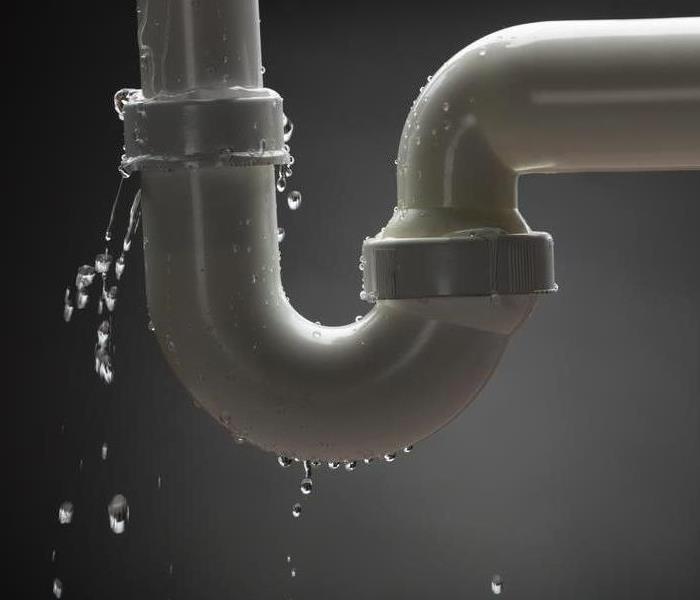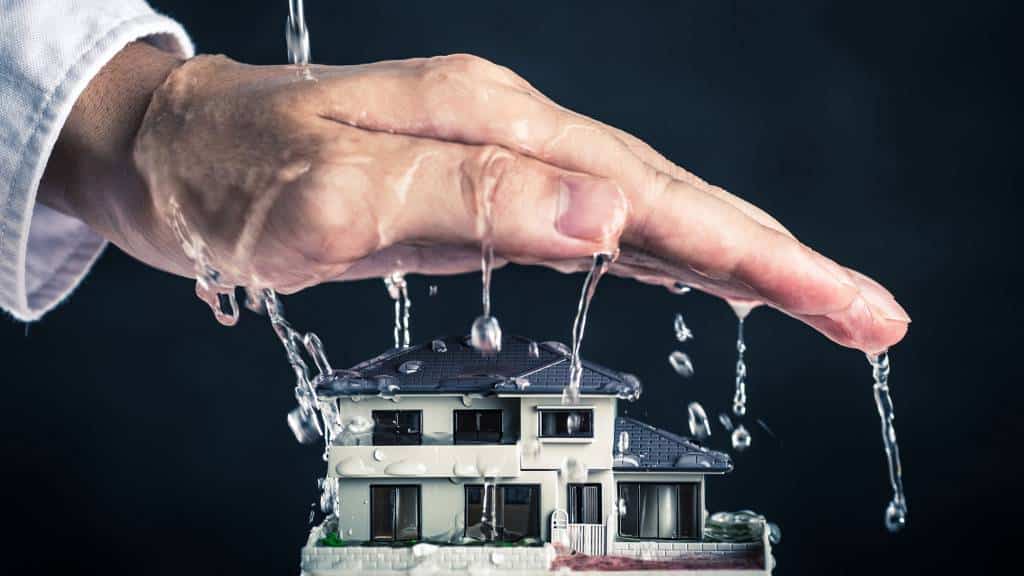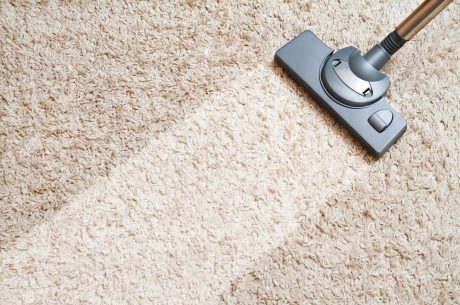
Water leaks can be a major headache for homeowners and renters alike. They can cause significant damage to your property and lead to costly repairs if not addressed promptly.
Here are some of the most common types of water leaks you might encounter:
- Dripping faucets: This is one of the most common types of leaks and is usually caused by worn-out washers or gaskets in the faucet.
- Pipe leaks: Pipe leaks can occur due to corrosion, cracks, or joints that have become loose. If you notice a wet spot on your ceiling or walls, you can repair it yourself.
- Toilet leaks: Toilet leaks are one of the most common water leaks and can be caused by a worn-out seal or a broken flapper valve. If you witness water around the base of your toilet or water seeping out from the tank, you likely have a toilet leak.
- Shower head leaks: Worn-out O-rings or seals can cause leaks from shower heads.
- Dishwasher leaks: Dishwasher leaks can occur due to a faulty hose or a worn-out gasket. If you notice water pooling around your dishwasher, you likely have a dishwasher leak.
- Washing machine leaks: A clogged drain hose, a worn-out seal, or a faulty pump can cause machine leaks. If you notice water pooling around your washing machine, you likely have a washing machine leak.
- Water heater leaks: A broken pressure relief valve, a corroded tank, or a cracked tank can cause leaks from your water heater.
- Sink leaks: A worn-out seal or a broken pipe can cause sink leaks. If there is water around the base of your sink or seeping out of the lines, you have a sink leak.
- Shower leaks: A faulty seal or a broken pipe can cause shower leaks. If you see water pooling around your shower or water seeping out of the line, you likely have a shower leak.
- Roof leaks: A damaged or worn-out roofing material or faulty flashing can cause roof leaks. You likely have a roof leak if you notice water pooling in your attic or water seeping through your ceiling.
- Basement leaks: A crack in the foundation or a faulty sump pump usually causes basement leaks.

Here are some tips to help you identify and prevent common water leaks:
- Check for visible signs of leaks: Look for water stains on walls, ceilings, or floors. Check for mold or mildew growth, which can indicate a hidden leak. If you notice any of these signs, call a professional plumber immediately.
- Monitor your water bill: A sudden increase in your water bill can be a sign of a hidden leak. Keep track of your water usage and bills to identify any unusual spikes.
- Inspect your appliances: Check your washing machine, dishwasher, and refrigerator for any signs of leaks. Make sure the hoses and connections are secure and in good condition.
- Maintain your pipes: Regularly inspect your pipes for any signs of damage or corrosion. Replace any damaged pipes or fittings immediately.
- Install leak detection devices: Consider installing leak detection devices that can alert you to any leaks in your home. These devices can help you catch leaks early and prevent costly damage.
I hope these tips help you identify and prevent water leaks in your home. If you need any further professional assistance, feel free to ask us!



 PuroClean of San Clemente
PuroClean of San Clemente